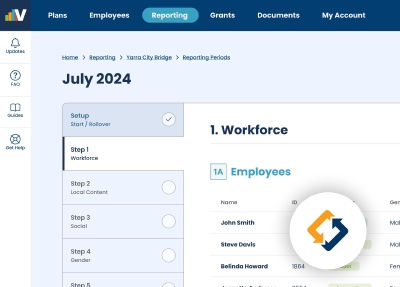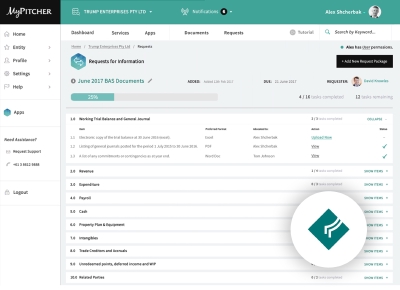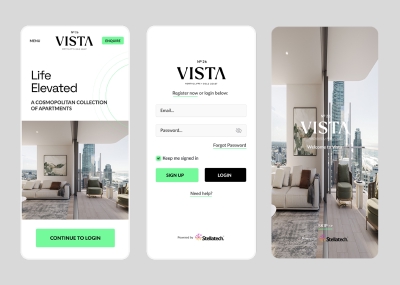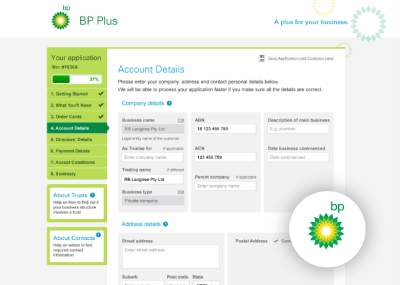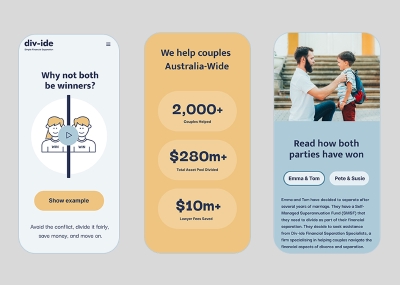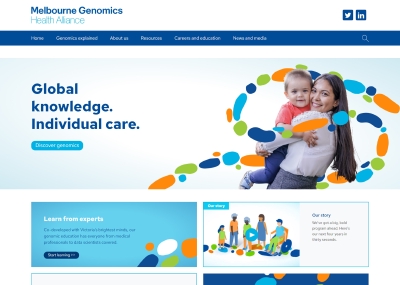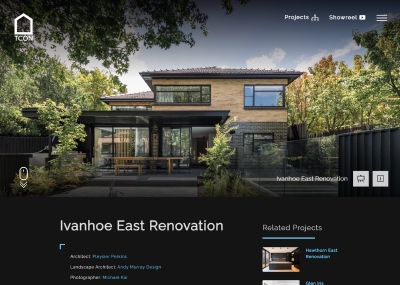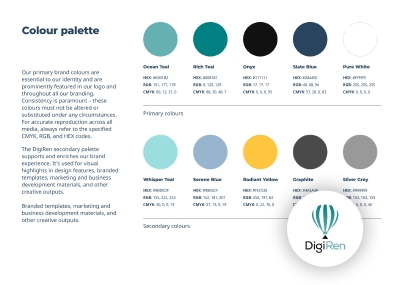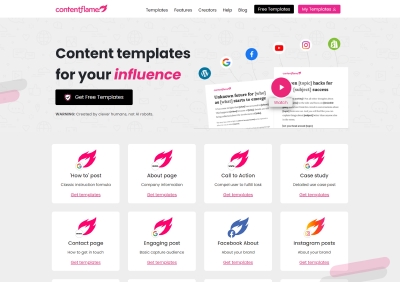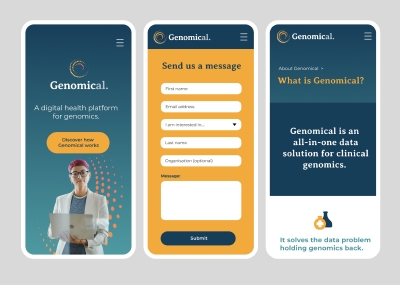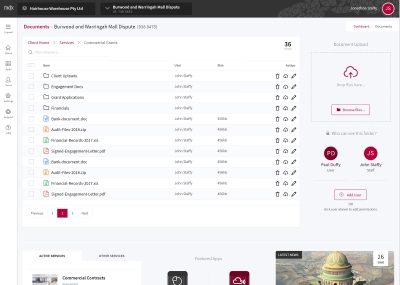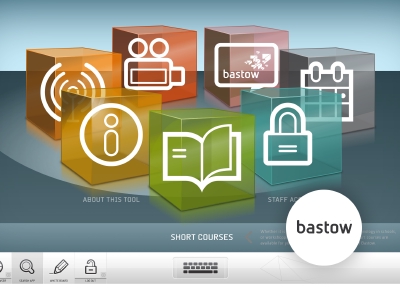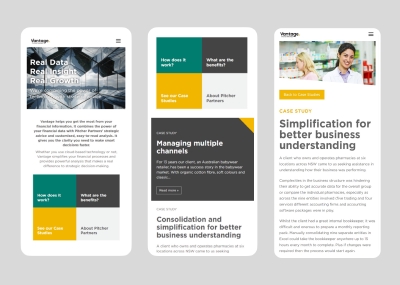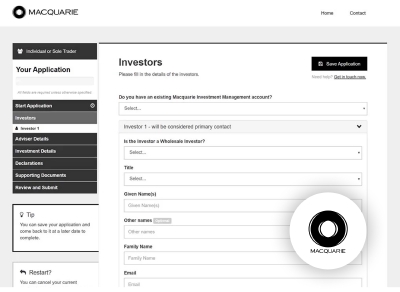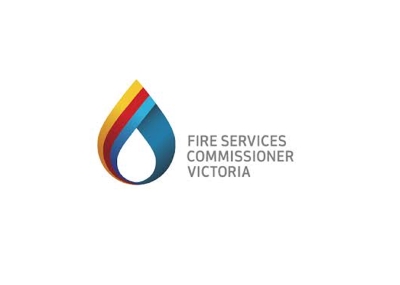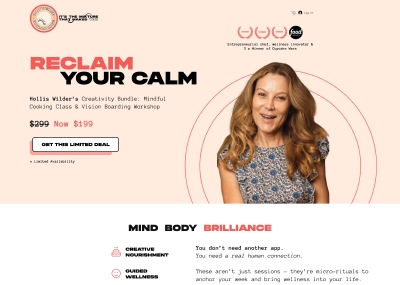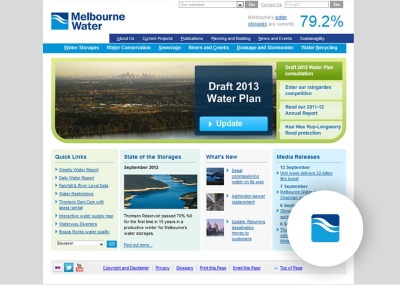UI-Driven Reform of Salesforce VMC Procurement Platform
Transforming ICN’s VMC portal with better UX, consistent design, and clear reporting flows.
The Mission
ICN’s VMC (Vendor Management Centre) platform is a key tool used by suppliers to submit tenders and comply with policies such as the Social Procurement Framework and Gender Equality Act. The mission was to transform a complex and outdated Salesforce-powered tool into a modern, branded, and user-friendly experience — without rebuilding from scratch.
Client
Industry Capability Network (ICN)
ICN is a procurement advisory organisation helping businesses meet local content and compliance obligations. The VMC platform enables suppliers to lodge tenders and meet reporting obligations for social procurement and other frameworks.
My Roles
Lead UX Designer / Product Advisor
- UX strategy, research, and UI redesign
- Design library creation based on Salesforce Lightning
- Collaborated with internal dev team on SLDS implementation
- Led user testing, interviews, and improvement reports
- Created VMC brand identity and interface consistency
Challenges
The previous version of the portal had no UI/UX design involvement and was described by users as confusing and visually broken. Complex data entry workflows with deeply nested conditional fields made navigation and clarity difficult. Replacing or rebuilding the entire Salesforce app wasn’t feasible — so the goal was to transform the experience using UX research, better UI design, and minimal-impact front-end development.
- Visually outdated and poorly structured UI
- Users struggling with workflow logic and reporting tasks
- Highly conditional and data-heavy input screens
- No design system or branding consistency
- Significant development constraints with legacy Salesforce markup
- Needed quick wins without full app rebuild
Approach
UX Research
User interviews, screen recordings, task analysis, and stakeholder feedback sessions to surface pain points and inefficiencies.
UI Design
Designed a new interface based on Salesforce Lightning Design System, ensuring compatibility and fast dev handoff with reusable components.
Testing & Feedback
Remote user testing and mouse-tracking insights helped validate design decisions and prioritise improvements.
Dev Collaboration
Worked closely with ICN developers to implement front-end changes using SLDS, custom CSS, and HTML restructuring in VS Code with Salesforce plugins.
Design Thinking
The design process was centred around surfacing user pain points and aligning the UI to real workflows. By conducting qualitative research — including user interviews, remote screen shares, and feedback loops — we were able to map the true intent of each task and better understand the complexity behind reporting obligations. One key challenge was handling the depth of conditional fields while still maintaining a clear visual hierarchy. We tackled this by implementing grouped content, intuitive tabs, and visual step-tracking patterns to simplify cognitive load and ensure smooth user progression.
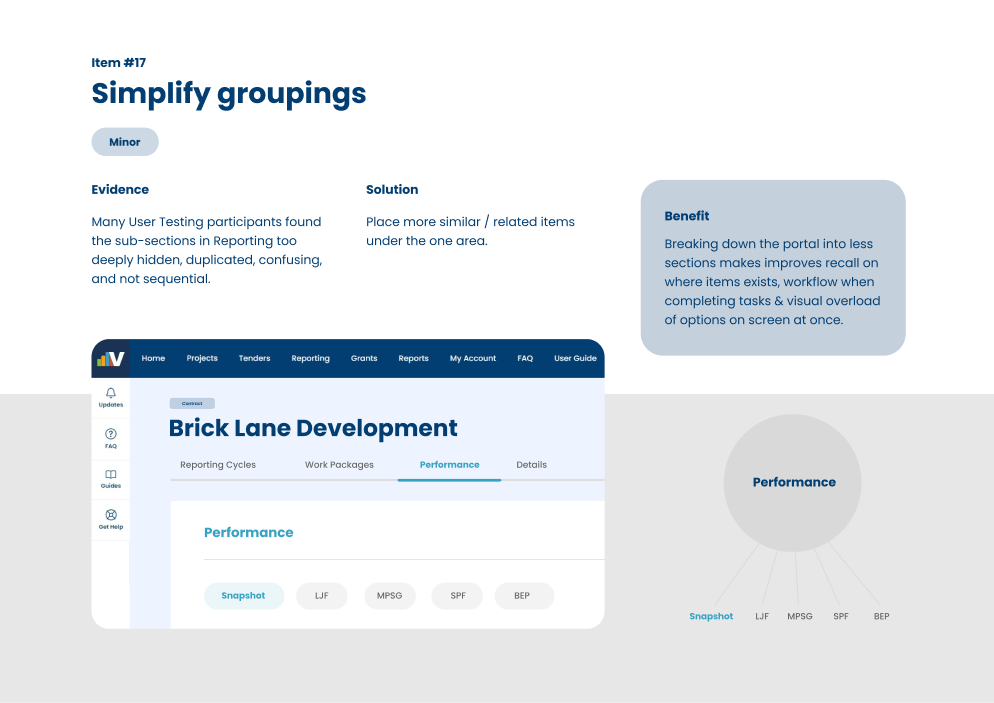

Impact
Before
- Confusing UI and inconsistent branding
- Long, unclear multi-step workflows
- No support for conditional layouts
- Negative feedback from 88% of users
After
- Consistent UI aligned with SLDS
- Task completion time halved
- Improved supplier adoption and satisfaction
- Design system introduced for future updates
+55%
Increase in
reporting completion
50%
Reduction in support
requests
-60%
Less time spent
per report
High
Stakeholder
satisfaction
How I Worked
I embedded directly with the product owner and internal Salesforce dev team. Each week involved design reviews, implementation walkthroughs, and close collaboration using Jira, Slack, and versioned updates. I owned both the design delivery and implementation QA, routinely checking code merges to ensure design integrity was maintained as UI changes were rolled out. I also advised on brand development for the VMC product, creating new logos and interface assets to distinguish the tool as its own branded experience within ICN’s ecosystem.
Tools & Stack
Final Takeaway
This project was a great example of how strong UX and UI principles — even when applied to an existing legacy system — can completely reshape the user experience. By improving structure, logic, and clarity within existing constraints, we were able to halve the time it took users to complete reports, and received overwhelmingly positive feedback from stakeholders and suppliers alike.
